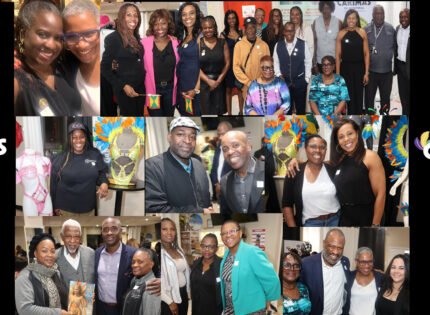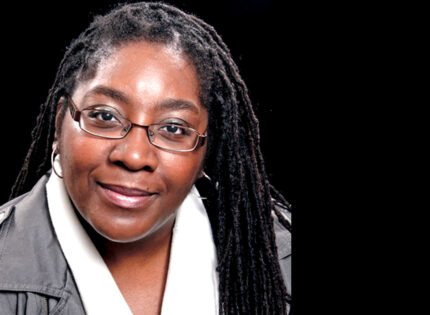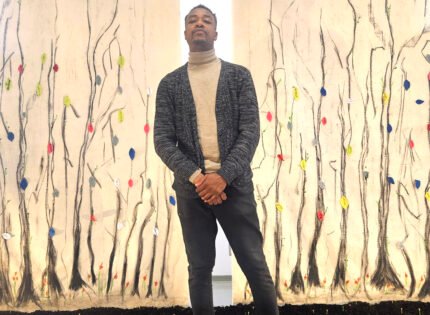Human Rights Commission awards her $14,500
Rosie Awori
After three years, Lettia McNickle quest for justice has finally come to fruition.
After she was harassed and fired unjustly in March 2015, The Quebec Human Rights and Youth Rights Commission recently awarded her $14,500 in her legal battle against Madisons.
The young Montrealer was working as a host at Madisons New York Grill & Bar in October 2014 when she came to work with cornrows on one side and her hair neatly combed on the side. Her new hairstyle had patrons giving her compliments on how nice it was.
However, her immediate boss was not happy with her ‘ethnic’ looking hair. McNickle was told that her hairstyle was not “suitable” and was sent home. She adjusted her hair and continued working at the establishment. She was forced to wear skirts while her colleagues were given the option of skirts or trousers.
“You see being Anglophone in Quebec makes it tough to get a job and when you add being black on top of that, any job you get you work hard to keep,” Lettia explained to the CONTACT the reason why she continued staying there even after having complained publicly.
The company issued a formal apology but Lettia’s immediate boss did not apologize. Her hours were reduced and she was later terminated in March of 2015.
With the help of Centre for Research Action on Race Relations (CRARR) under the guidance of Fo Niemi, Lettia and her mother Huelette McNickle they began to seek justice, for the obvious discrimination.
Three years later, the Quebec Human Rights and Youth Rights Commission ruled that Madisons New York Grill & Bar and its owner, Roula Kyriacou pay McNickle $10,000 in moral damages and $4,500 in punitive damages by December 21st 2018.
“Our hairstyle is such a fundamental part of our racial and cultural history and identity, so to deny us the right to freely wear our hair the way we want is to deny our identity as Black women, especially at work,” McNickle said at a press conference on Wednesday 5, December at the CRARR offices in Montreal.
Before slavery, Black hair was a source of pride an avenue of self-expression unfortunately since slavery the narrative changed. British colonialists were known to have classified African hair as closer to sheep’s wool than human hair. Those Blacks who had hair with a softer and looser curl pattern, often as a result of master-slave rape received slightly better treatments than those with ‘African,’ features.
And long after emancipation, “good hair,” for Black people continued to be defined by how close it came to looking like white hair. It wasn’t until the 1960’s with the rise of the Black Panther movement where icons such as Angela Davis wore their hair in an Afro and agitated for social change. This was short lived and the population went back to straightening their hair either heat or chemicals.
However, the last decade has seen Black women the world over embrace their curls – sadly the job market has not.
Lettia’s story is not uncommon, and she is not the only one who has spoken out about it in Quebec. Her hope is that no Black woman will feel like they should tone down their “ethnicity,” in order to please their employers. They should be free.












2 Comments
Carl December 11, 2018 at 8:42 pm
Well written, well said! Bravo Lettia!
Touche pas à mes cheveux (et autres principes de base) : Scènes du racisme ordinaire | JEU Revue de théâtre June 11, 2019 at 3:27 pm
[…] lieux de travail ou dans la rue. Ce qui n’est pas sans rappeler l’histoire de Lettia McNickle, renvoyée d’un restaurant montréalais à cause de sa coiffure afro-américaine, et qui a obtenu gain de cause devant la Commission québécoise des droits de la personne pour […]